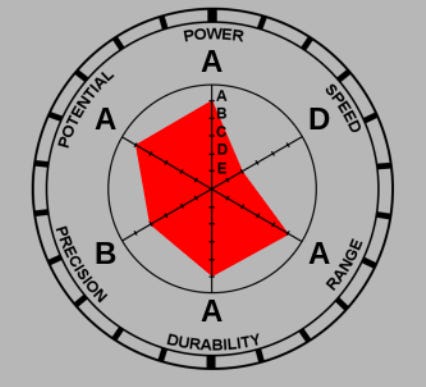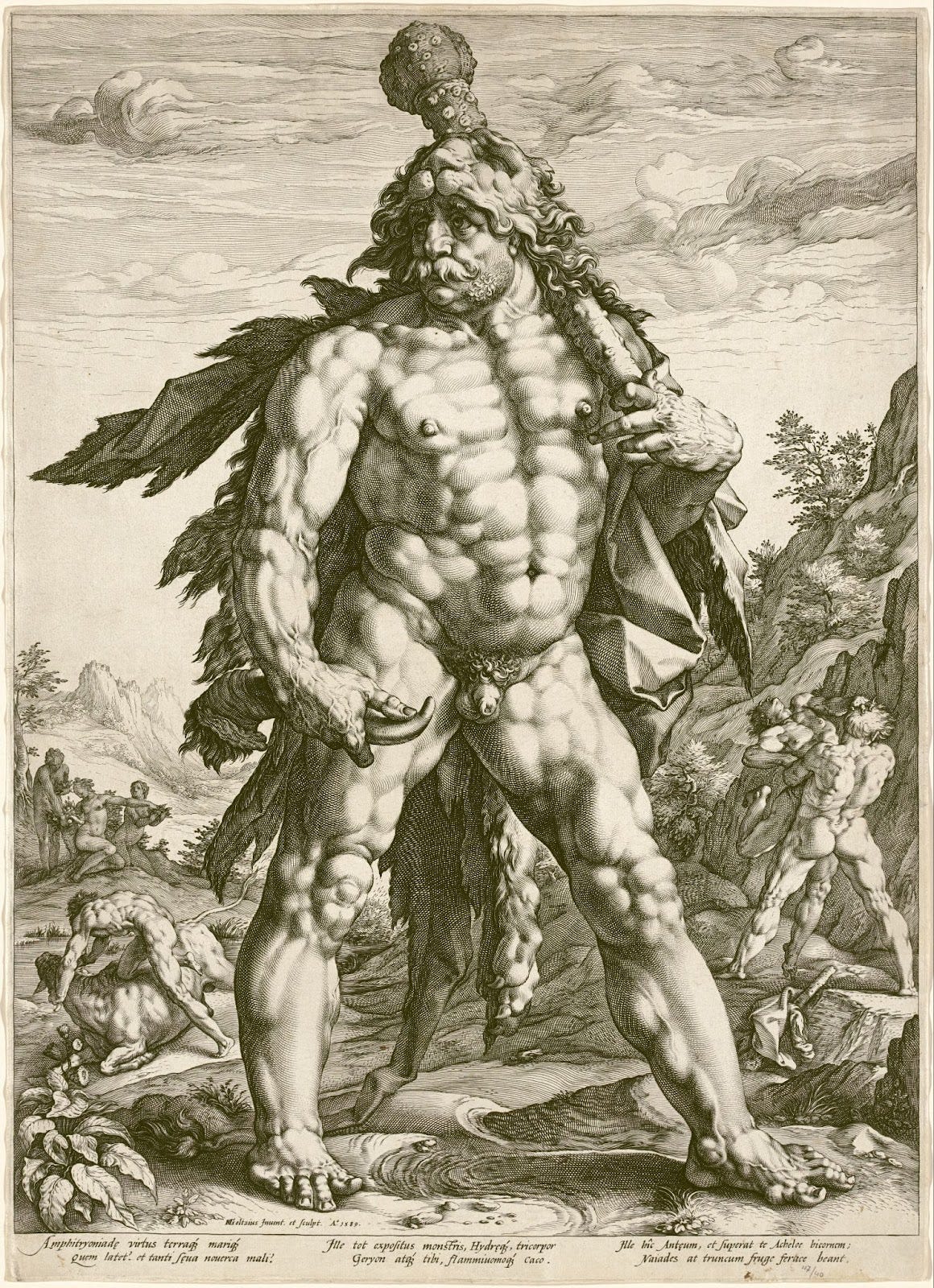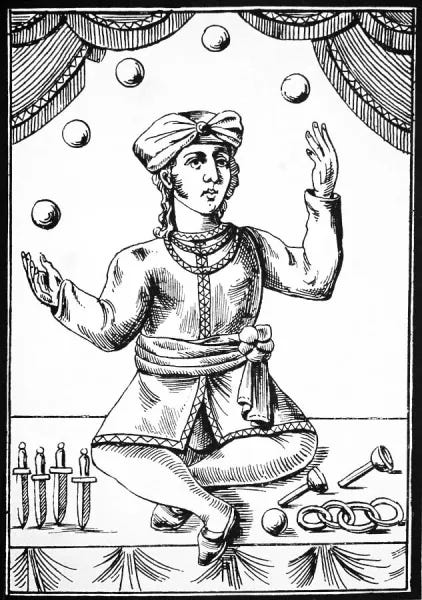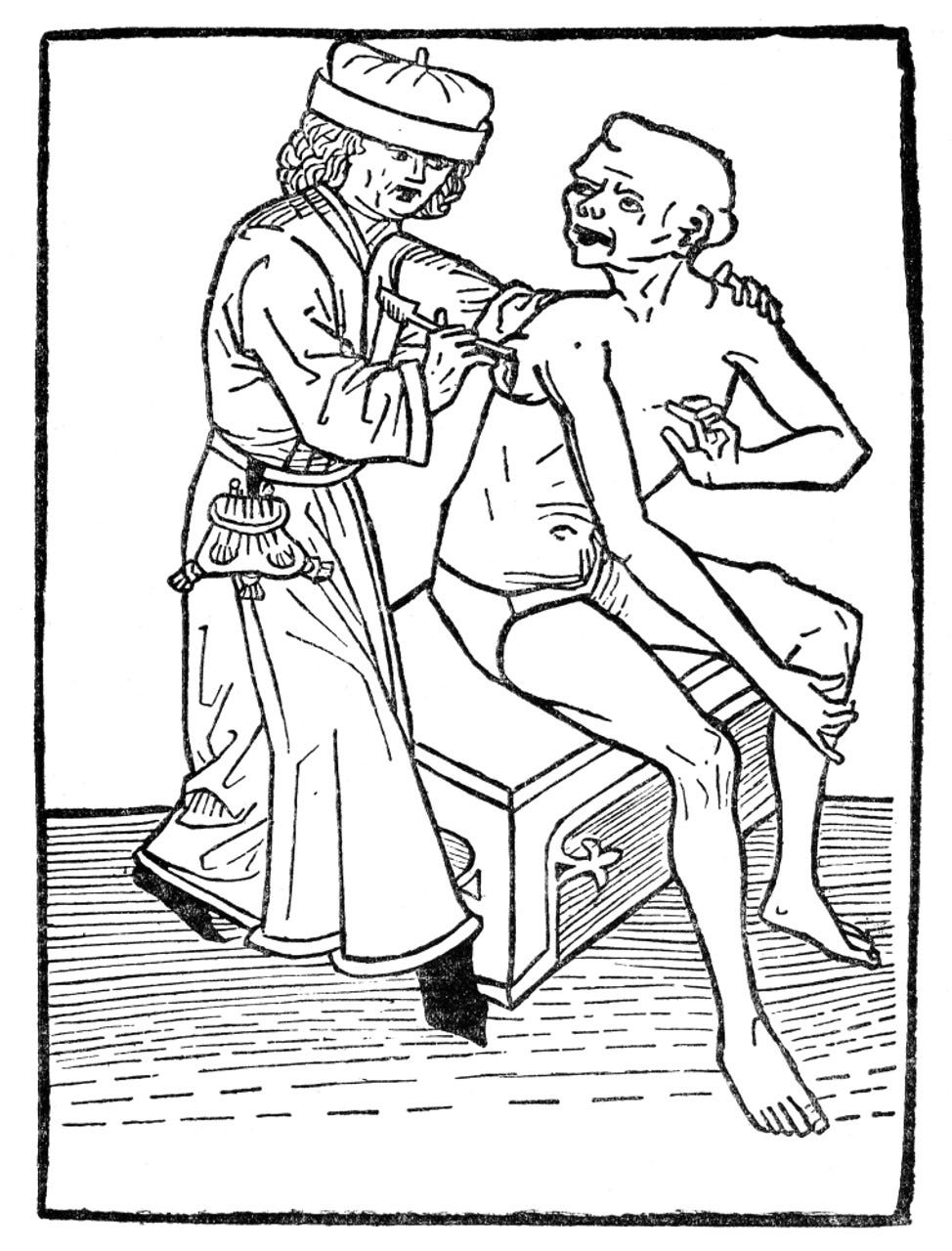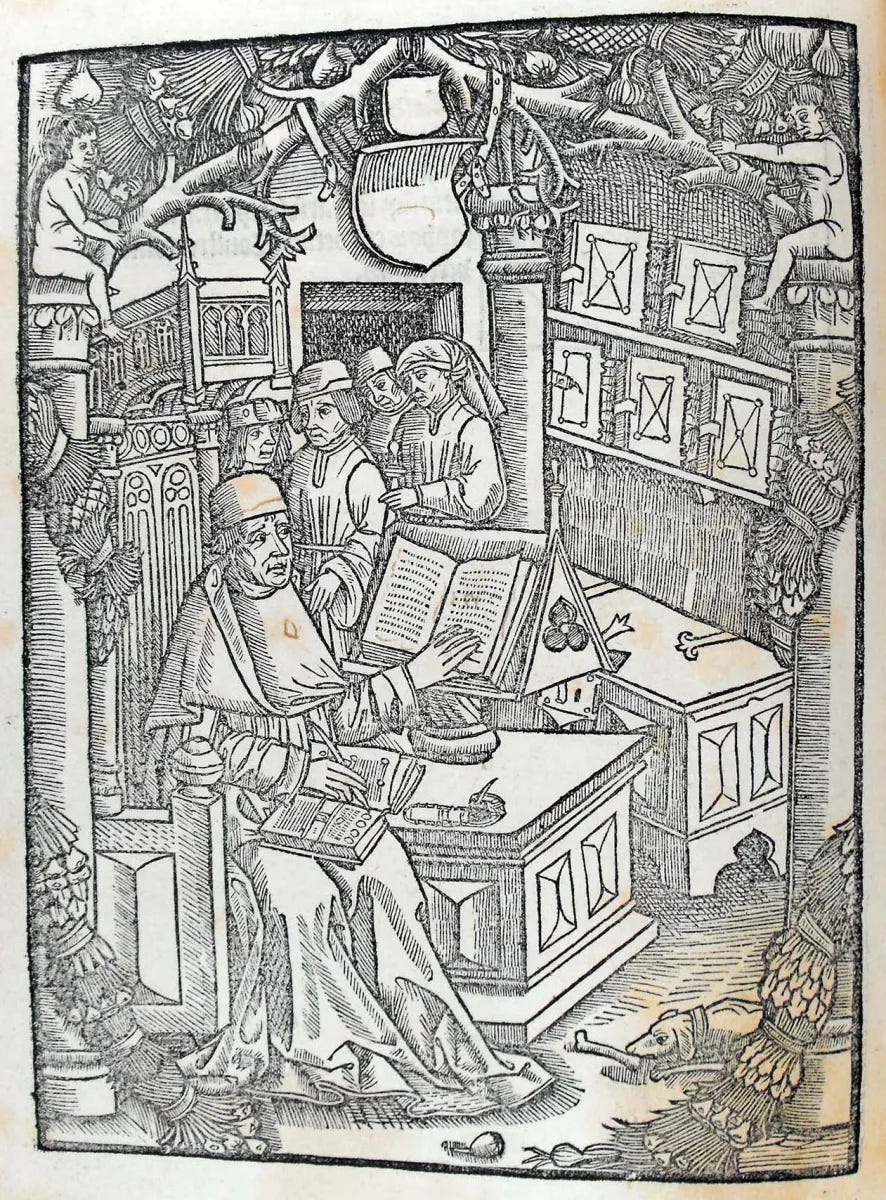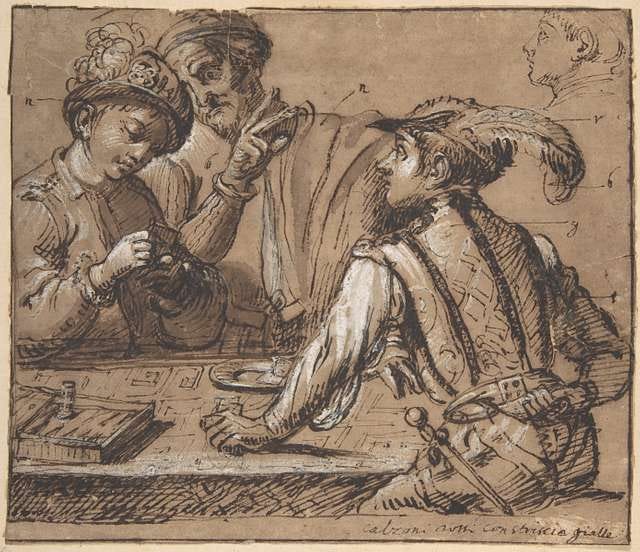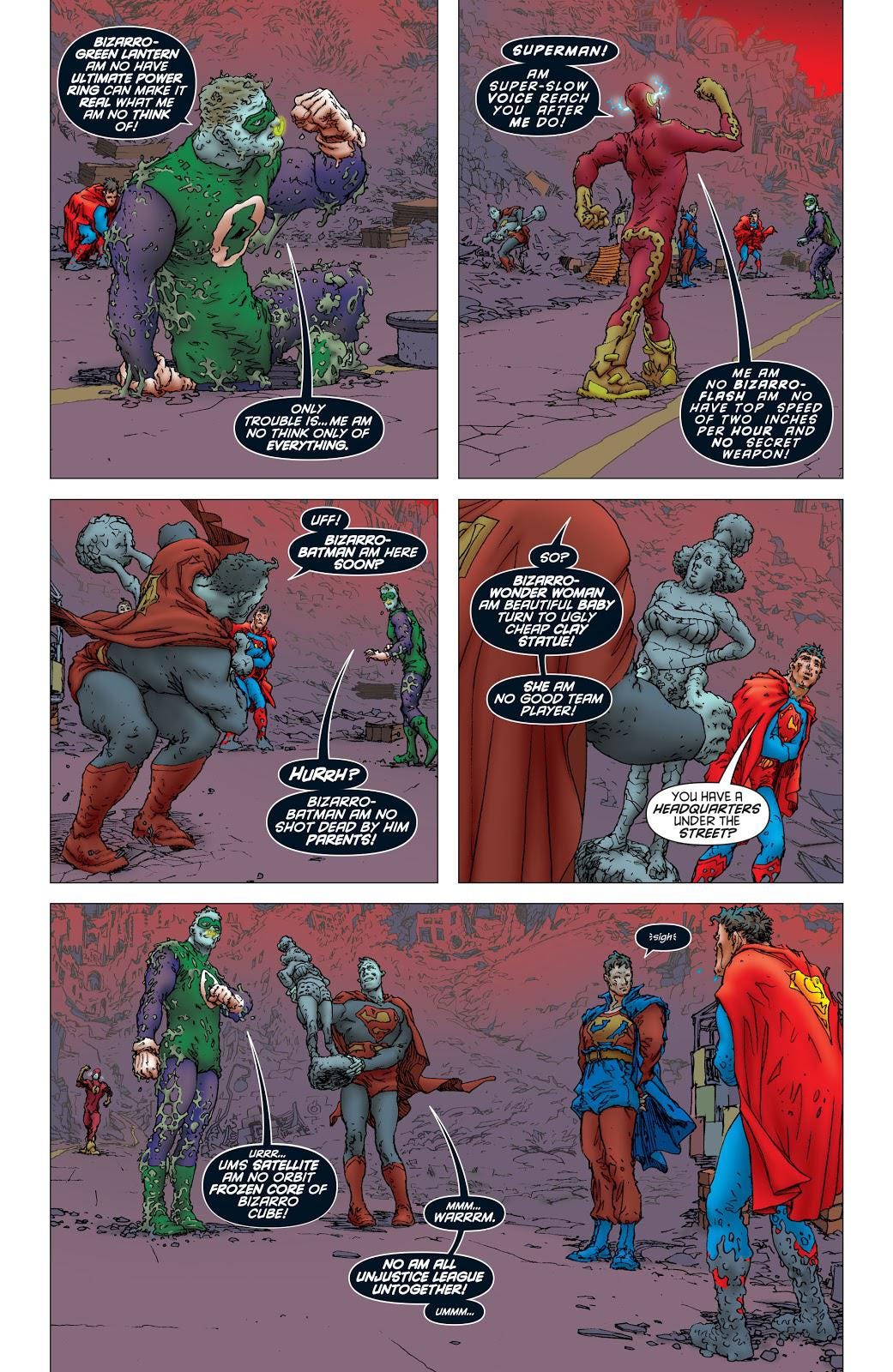GM's Glossary Part 6: Everything you can do with your Stats
I inflict atheism upon you
A character’s stats are always a good avenue for representing status effects. This will vary from system to system, so I’ll stick with the classic six (more or less).
As with all the other status effects discussed so far in this series, I like to think of the qualitative rather than the quantitative effects of a status effect. Mixing in another status effect with a stat buff or debuff helps to sell it.
Strength
Strengthened
Alternatively: Bolstered, empowered, muscled.
Uses: steroids, adrenaline bursts, berserker rages.
Weakened
Alternatively: Enfeebled, sapped, drained.
Uses: poisons, encumbrance, high gravity.
I like to imagine strength as being on a spectrum with dexterity so bursts of abnormal strength might also mean you accidentally crush a lot of things with your big stupid hulk hands.
I could even imagine super strength as a curse in the right setting. Maybe a punch from you was so strong it would knock down the building you’re standing in.
Something that always adds a little oomph to a strength buff is the addition of a little knockback with every hit.
Be mean and check if a weakened PC has gone over their encumbrance limit.
Dexterity
Nimbled
Alternatively: Quickened, careful, silent.
Uses: time-slowing, focus-states.
Clumsied
Alternatively: Unbalanced, noisy
Uses: Numbing cold, disorientation, slippery coating.
Dexterity is something of a god-stat in a lot of games, especially 5e, since it encompasses dodging (both in and out of combat), attacks (both ranged and melee), a lot of useful fine motor skills and stealth.
I’d consider distributing some of these across other stats. Knave for example, make ranged damage dependent on wisdom.
Nimbled characters might be unaffected by difficult terrain.
Clumsied characters might have a chance of falling over with every movement.
Constitution
Invigorated
Alternatively: Hale, healthy, toughened.
Uses: Hearty meals, rest, painkillers.
Enfeebled
Alternatively: Sickened, frailty, fragility.
Uses: Exhaustion, wasting diseases, old age.
The stat representing health, endurance and typically determining a character’s hit points.
Conceptually there’s a lot of overlap here with strength. It’s actually hard to picture modifying one without the other.
There’s also quite a lot of overlap with the HP-effects we explored in part one of this series, which was pretty damn thorough so I’ve very little to add.
Although consider adding a roleplay effect where enfeebled characters have to wheeze all their lines.
Intelligence
Sharpened
Alternatively: Educated, focused.
Uses: Education, concentration, reference material at hand.
Stupified
Alternatively: Forgetful, thoughtless.
Uses: Drunkenness, amnesia, distractions.
Intelligence tends to either represent the ability to recall knowledge or the ability to plan quickly and effectively.
If it’s the former then the memory altering sections of part 4 should cover it.
If it’s the latter that’s hard to represent mechanically since that’s a player skill not a character skill. If a player is inclined to play along a diminished intelligence stat might mean they automatically believe lies or fail to recognise basic reasoning errors.
Charisma
Glamoured
Alternatively: Eloquence, glibness,, gift o’ the gab.
Uses: Makeover, divine blessing, correct amount of intoxication.
Uglified
Alternatively: Ineloquence, deformed, tongue tied, slandered, stinky.
Uses: Reputational repercussions, boil outbreaks, tongue tying, shattered ego.
Charisma can either represent beauty or charm and I have issues with both.
Beauty is, if not culturally dependent, then at the very least species dependent.
My petty nerd gripe is when some freakish Star Trek alien starts fawning over a sexy human crewmate (usually Deanna Troi) them not looking remotely like their own species.
This is going to be hard news to some of you but the average orc does not find your flat, tuskless face attractive.
In general I prefer for characters to have a clear description and decide on a case-by-case basis whether that’s a benefit or a hindrance in the moment.
Charm has a similar problem to intelligence, it blurs the line between player skill and character skill.
I prefer to avoid using charisma on social checks where possible. Learning what an NPC wants to hear is much more fun than rolling a high number.
Wisdom
Enlightened
Alternatively: Blessed, guided.
Uses: Witnessing miracles, mortification of the flesh, divine guidance.
Atheistic
Alternatively: Atheistic, cursed, tempted.
Uses: Witnessing horrors, worldly intrusions, devil on your shoulder.
Wisdom I have some big gripes with. It’s trying to be a lot of things, some of which seem totally uncorrelated.
It could mean the sharpness of a character’s senses, their practical intelligence or their connection with the divine depending on who you ask.
Not only do none of these really correlate, they seem to contradict each other.
Picture someone wise, are you picturing someone old? Blind even? The sort of person whose senses probably aren't very sharp.
Likewise, do we call someone wise when they can see really well in the dark?
If wisdom does mean practical knowledge, then it has the same problem as intelligence, coming up with a clever plan is a player skill, that’s not something your character sheet can do for you and it’s certainly nothing your GM should be discouraging you from doing.
If wisdom means the sharpness of the senses then see part 5 for extensive discussion on this.
Divine connection is so specific to setting-theology I can’t even get into it.
If we do take the faith angle, we could stop their prayers from working properly. I’m not sure what I could do with this that isn’t just a power reduction for their divine spells.

Other Stats
There are a couple of other less common stats I sometimes see. Please suggest and others I might have overlooked.
Willpower
Grit, moxie, determination. The power to do what must be done.
You might want to sort this under the label of another stat such as constitution or wisdom.
Intelligence or charisma could also work for the purposes of resisting mind-control.
If we are going to make it a stat of it’s own then an enhancement might be Willful, Confident or Numb.
It’s diminishment might be Weak-willed, Frightened, or Subsumed.
I don’t feel like there’s too much I can add that hasn’t already been covered in part 4.
Luck
Unlike willpower it’s not clear how this might be bundled in with another main stat, although I’ve seen the argument made for charisma or wisdom as a sort of divine blessing.
Some GMs might be inclined to apply a good or bad luck penalty to every roll.
Personally I find that a bit exhausting.
I think of luck as the stat determining things totally outside a character’s control.
E.g. Games of pure chance, loot rolls, and random encounters.
If your tables are arranged from most to least favourable then a simple numerical bonus or penalty can be applied.
Otherwise roll multiple times and use the result that would be the most fortuitous or inconvenient or lucky or unlucky characters respectively.
Other things we can do with stats
Misc stat changes
Randomised
Bonuses and penalties are randomised.
Not the most mechanically interesting since it just turns everything into dice roll, including the modifications to said dice rolls, but it could result in some interesting wacky chaos.
Inverted
All bonuses become penalties and vice versa.
Uses: Mirror worlds, opposite days.
It’s a fun exercise in making your characters play against type.
Also fun as a tool for players. Imagine finding a potion of stat-inversion then hunting for the dumbest guy in the world to turn him into Einstein.
Swapped
Stats are swapped with one another
This might only apply to one character but it could also swap stats between characters.
Imagine a goblin who swaps his intelligence for yours and runs off.
In some games a character's mental stats replace their physical stats when projecting into astral realms or entering cyberspace.
I’ve yet to see the inverse, a muscle dimension where everyone thinks by flexing really hard.
And that’s just about everything you can do with stats. Unless that is, I’ve neglected something. The GM’s Glossary is a collaborative project so comment anything you think I’ve missed down below.
Next time: the GM’s Glossary concludes with Miscellaneous status effects.


